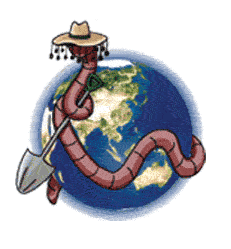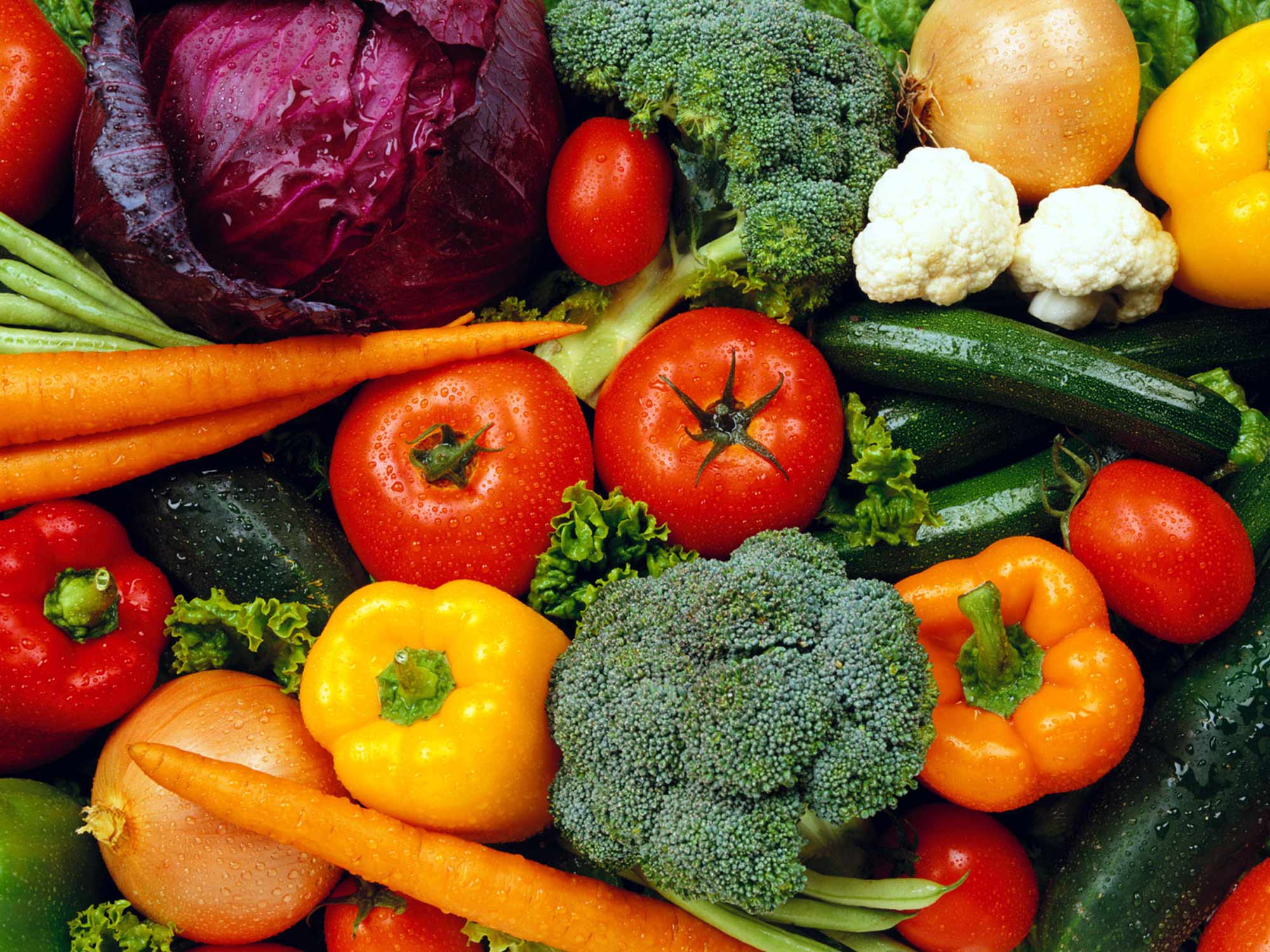Tomato Planting Recipe.
A friend gave me a recipe for preparing the holes prior to planting tomatoes. I’ve added to this recipe, tested it and would now like to share it with you all. This recipe should work for Eggplants and Capsicums as well. I’m having great success so far!!
1. Dig a nice deep, big hole. Approximately 40cm (at least) wide and as deep as you can make it.
2.
3. At the bottom of the hole add: 4 x cups of worm castings or well rotted compost.
1/2 x cup of powdered full cream milk.
1 x Teaspoon of raw sugar.
1 x Tablespoon of Bicarbonate soda.
½ x cup of Epson salts.
½ x cup of natural Gypsum.
If your soil is clay based:
Add more Gypsum and Course Washed River sand to the base of hole but also to the soil you add to the planting hole.
If your soil is sandy or dusty based:
Add more worm castings/compost to the mix.
4. Mix all the ingredients up at the base of hole and combine into existing soil.
5. Hydrate the hole thoroughly making sure there are no dry pockets.
6. Add a few big handfuls of damp, plain soil on top of ingredients.
7. Plant your tomato as usual.
www.growingvegetables.co www.wormfarmingforbeginners.com.au
Page 2 of 4
8. Once planted sprinkle more powdered milk on the surface of the soil.
9. Water in well.
10. Water in with liquid seaweed.
11. Mulch with an inch of sugar cane mulch to well outside the drip line.
12. Continue to water with liquid seaweed every few days for at least the next two weeks, and then cut back to once a week for the remainder of the tomato’s life.
THE REASON FOR EACH INGREDIENT.
WORM CASTINGS:
Organic matter. Worm castings contain all trace elements and will aid in moisture retention.
For a full list of why WORM CASTINGS are amazingly brilliant for your garden please refer to:
www.wormfarmingforbeginners.com.au
COMPOST:
Organic matter. This is a microbial food source that will also aid in moisture retention and attracting earthworms.
POWDERED MILK
Calcium. This is a soluble form of calcium that will aid in luring beneficial bacteria.
RAW SUGAR
This feeds the fermenting process of compost etc. Adds glucose that will attract beneficial bacteria and may aid in flowering. www.growingvegetables.co www.wormfarmingforbeginners.com.au
Page 3 of 4
BAKING SODA:
Sodium bicarbonate. This will create bubbles of carbon dioxide being released into the soil. Bi carb has been used as a natural fungicide that will help prevent powdery mildew etc.
EPSON SALTS:
Are magnesium sulphate. This will aid in photosynthesis and chlorophyll production.
NATURAL GYPSUM:
Calcium and magnesium. A form of gypsum that has no heavy metal content. This will also help to break up clay soils and aid in mineral transport and uptake.
Calcium is like the bus driver. He takes all the elements (Nitrogen, Potassium, trace elements etc) to where they are needed. No bus driver and all the elements are just sitting at the bus stop, being useless. You can add all the elements you like to the soil but if there is nothing to transport them…..
COURSE WASHED RIVER SAND:
This will aid in drainage, aeration and cation exchange. If using for with clay soils it will help keep the clay particles from binding together again. Think of clay particles as hugging themselves tightly. You add Gypsum and the hug releases itself. You add course washed river sand and it helps keep the particles from reforming that bear hug.
SEAWEED EMULSION:
Is considered a “growth stimulant and a plant tonic” not a fertiliser as it contains marginal macro nutrients but a large amount of trace elements. Liquid seaweed also contains:
growth regulators, alginates, carbohydrates, naturally occurring plant hormones (auxins and xcytokinins) and essential plant vitamins.
It is considered a plant stimulant which:
• Improves the root system and encourages fibrous root systems.
• Increases the reproductive capacity, therefore encourages greater fruiting.
•Strengthens the cell wall which decreases the likelihood of fungal disease and sap sucking insects been present.
•Increase the cell wall density which decreases the point of terminal wilt and increase the plants frost tolerance. www.growingvegetables.co www.wormfarmingforbeginners.com.au
Page 4 of 4
• Encourages flowers to stay longer on companion flowering crops.
SUGAR CANE MULCH:
A bacterial based mulch that is perfect for all bacterial motivated plants: vegetables, small flowers (Cosmo, Allysum, etc), small shrubs, grasses, citrus etc.
You can also help your tomato fight unwanted pests by planting flowers around the garden that will attract beneficial insects:
www.growingvegetables.co
www.wormfarmingforbeginners.com.au
An Amish Pate tomato that was grown by P. Burroughs that weighed 800 grams!!



